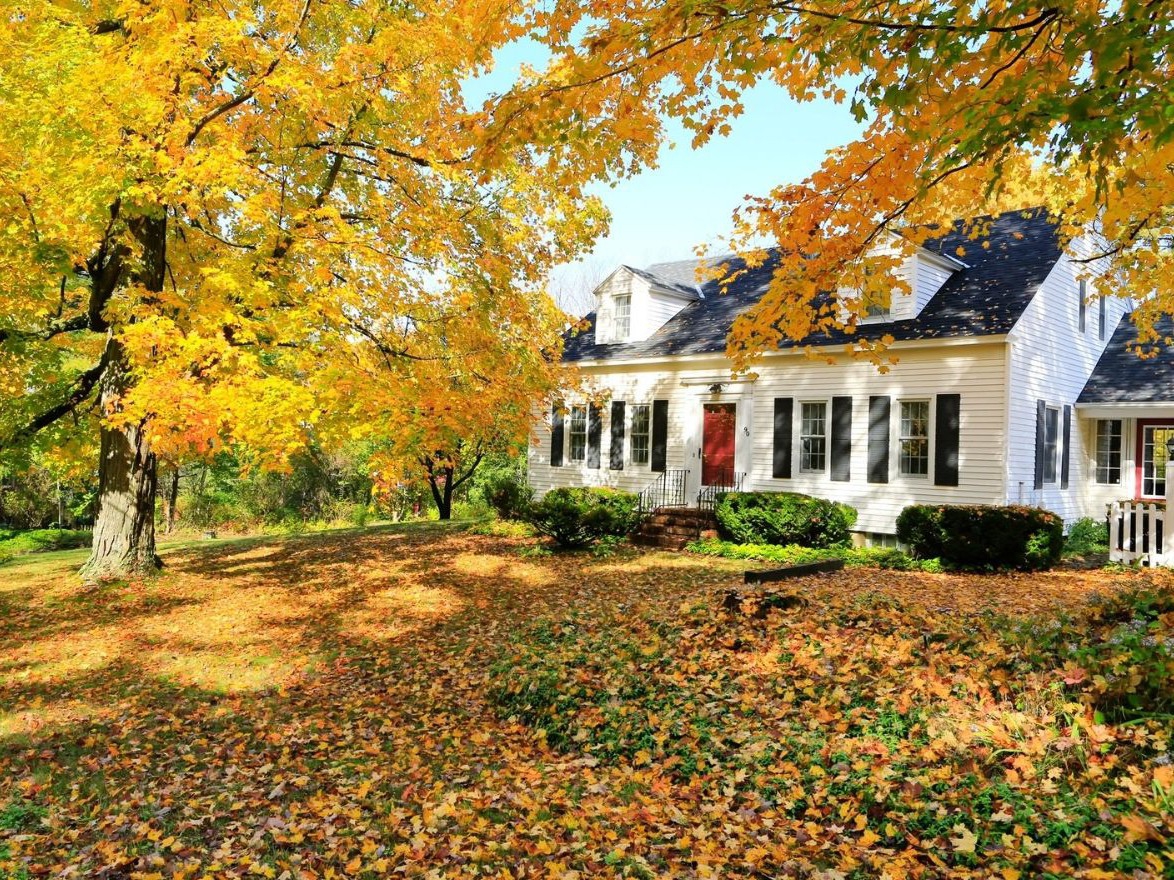
Common wisdom says that it’s far more lucrative to acquire real estate in a big, bustling city than in the country, where the farther out you go, the harder it is to generate a profit. But is this actually true?
When people think about living in the country, they imagine
- quieter living environments;
- more rural landscapes;
- secluded houses (greater distance between neighbours).
Many dream of moving to the country, whether it’s to live by a lake, to join a close-knit community in a quaint village, or to have a huge plot of land on which to grow vegetables.
There are several advantages, but is it a smart financial decision?
1. The Country: A Dynamic Real Estate Market
Contrary to popular belief, the rural real estate market isn’t stagnant.
In fact, since the pandemic, it’s booming.
Due to the shift toward more telework, a great deal of people have discovered the pleasure of sipping their coffee out on the patio surrounded by nature. The result: the price of homes and condos in the country has skyrocketed, and many as yet overlooked areas have jumped in value.
2. Potential Returns on Investment Depend on the Location
Most people plan to live in their country home long term and make the most of the lifestyle it offers. Nevertheless, an increasing number of property owners are also opting for short-term renting. A well-situated house (by a mountain or a lake, for example) can earn you robust profits, especially during tourist seasons.
Of course, you must check municipal bylaws regarding short-term rental beforehand. When permitted, this strategy can transform your country home into a true income generating asset.
3. Be Prepared for Additional Property Maintenance Expenses
Maintaining rural properties, depending on their location, typically involves expenses that city or suburban dwellers rarely have to consider. Here are a few examples.
Land Maintenance
A 50,000-square-foot lot is truly remarkable, though it may require considerable upkeep.
- The yard: Rural homes often come with sprawling lawns to maintain (mowing, weed control, etc.). You may have to purchase a lawn tractor to cut the grass or hire someone to do it for you.
- Trees: Trees and branches will have to be pruned to stop them from falling onto buildings, roads, or power lines.
Home Security
If the home is some distance from the road and neighbouring houses.
- Monitoring: Protecting your property from theft with a camera surveillance system is recommended.
- Wildlife: If the residence is surrounded by woodland or a forest, you should make certain your animal neighbours can’t damage the building or patio furniture. Erecting a fence around the vegetable garden or the trash containers may prove necessary.
- Pests: There are large rat and mice populations in the country, and they may seek to move into your home.
Access
- The car: Is the house only accessible with a four-wheel drive vehicle? This may represent an extra expense!
- Snow removal: Did you know that certain snow removal companies refuse clients located beyond regular service zones? In this case, you may have to purchase your own large snowblower.
Accessory Buildings
- Barns or sheds: Rural homes sometimes have a few secondary buildings that require regular maintenance.
Water and Amenities
- Septic tank: If the house is isolated, it probably has its own septic tank that needs emptying every 2 to 4 years (on average).
- Land drainage: Property owners must keep an eye on damp zones and control runoff since rainwater can accumulate faster in rural areas than in urban environments.
Travel Expenses
- Distance: Living farther away from your kids’ schools, your office, the grocery store, and friends may mean paying more for gas or car maintenance (electric or not).
A Financial Hole or Great Investment? The Verdict!
The simple truth is that a buying a home in the country can turn out to be an excellent investment, just like a condo in the city or a house in the suburbs.
A RE/MAX Real Estate Broker very familiar with the desired area can use their expertise to help you
- identify properties listed at a fair market price;
- negotiate for you to make sure you get the best value for money;
- research the lot’s characteristics (zoning, easement, well, septic tank, etc.); and
- avoid unpleasant surprises.
Good luck!